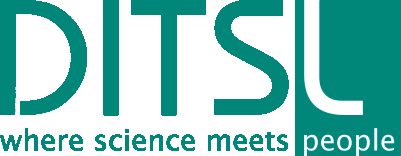Agroecology is a dynamic concept that encompasses a range of agricultural practices for sustainable agroecosystem management, a global social movement that seeks for systemic change of prevalent agri-food systems and a transdisciplinary field of science for agricultural sustainability and transition research.
The emerging transdisciplinary character of agroecology in science, and its quest to build on multi stakeholder partnerships between different scientific disciplines and relevant stakeholders along agri-food chains to solve real world problems, is inherent to DITSL research programs. Our applied and actor-oriented research focus advances methods for conceptualizing and institutionalizing transdisciplinary collaboration in agroecology research for increasing innovation capacity of involved stakeholder groups.
We employ a social-ecological systems approach to gain understanding of specific social, environmental and economic interactions and interdependencies in agroecological smallholder systems and regional civic food networks from the different stakeholders’ perspectives. In a collaborative research process, potentials and constraints of agroecological approaches are identified, and contextualized transition pathways towards agroecology co-developed.
DITSLs longstanding expertise in agricultural low-external-input systems in the tropics and subtropics, and close research collaborations with various departments of the Faculty of Organic Agriculture at the University of Kassel are utilized to study differentiating characteristics and commonalities between organic farming and agroecological agri-food practices. We explore purposeful integration of both concepts in the development of innovative forms of cooperate organization of food systems, which are socially, ecologically and economically embedded in local and regional cycles.


